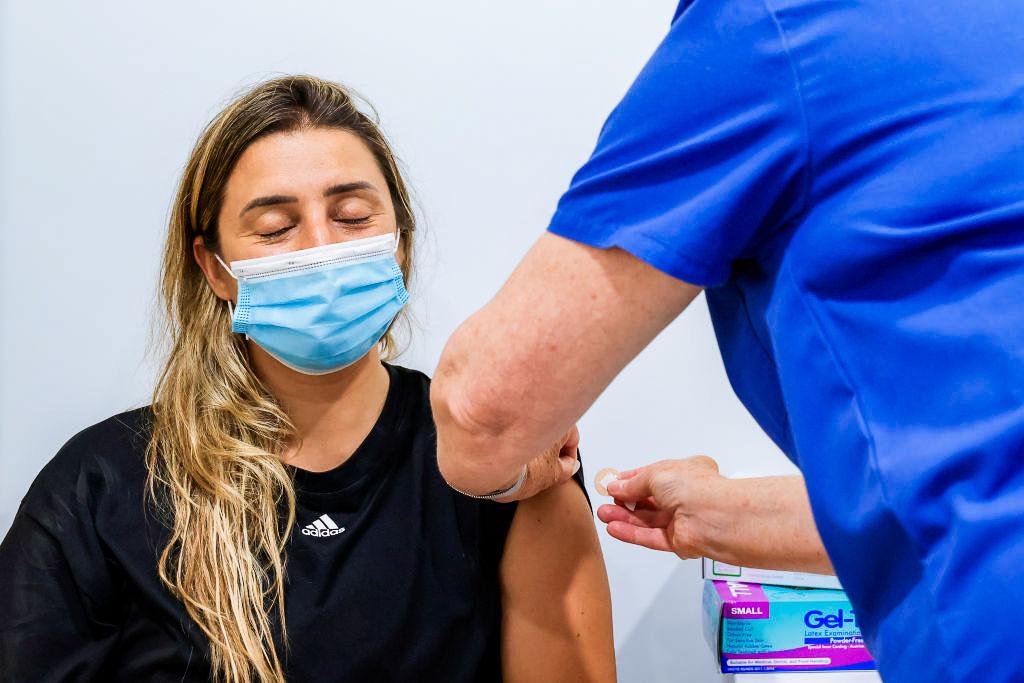A poll carried out this month found that a majority of Americans believe that COVID-19 vaccines have led to many unexplained deaths—with about a quarter of adults reporting that they believe they know someone who could be among the deaths.
Rasmussen Reports, in a survey released in mid-January, found that 53 percent of U.S. adults think it’s likely that vaccine side effects have “caused a significant number of unexplained deaths,” which is up about 4 percentage points from a year ago. Thirty percent who were surveyed believe it’s “very likely.”





